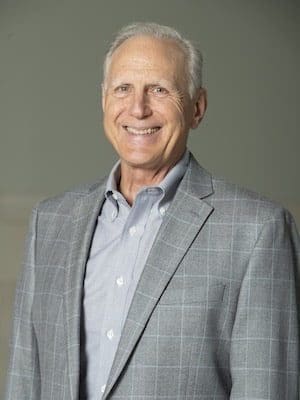
Before entering the U.S. Capitol building on January 6, 2021, a group of white nationalist Proud Boys knelt to seek divine support.
“We pray you provide all of us with courage and strength to both represent you and to represent our culture as well,” voiced the one making the heavenly appeal, according to Religion News Service.
Into this battle against truth, justice and freedom, the Proud Boys and other insurrectionists charged — leaving a trail of fearful lawmakers and injured law enforcement officers, some fatally.
They made their mission clear in this brief prayer: to represent their version of an unloving, hostile god (with no resemblance to the Word Made Flesh) and to represent “our culture.”
Like Klansmen of decades past, they recruited their false god and wrest the symbols of Christianity (without the need for Christ) to carry out hateful violence in defense of their vision of white supremacy.
Not to be missed, however, is the abundant, ongoing chorus of often-silent “Amens” that flow from white Americanized Christians who continue to support the same political ideologies as those who voice aloud and practice more publicly their deep-seated, fear-driven racism.
Which evokes a question worth consideration: Is being consistently on the same side with racists any better than being overtly racist?
The short answer is: No, not really.
“Racist” is not a charge to be thrown around carelessly. It is serious to label someone as such, though sadly there are many clearly appropriate applications.
Being racist is less overt than it was in my younger days — though the white grievance factories of talk radio, talking-head TV hosts, far-right politicians and social media have emboldened a new generation of racists.
Tragically, racism is hard to stamp out. But we must keep trying — whether it’s unrecognized or just unconfessed.
Among many people I’ve known for decades, there seems to be a pattern regarding racism. They do not consider themselves to be racist — and I would not tag them as such.
Yet, they are consistently on the same ideological side with racists. Therefore, they help fuel racist policies by excusing and empowering political leaders and others who use white grievance as motivation.
In their heart of hearts, they do not consider themselves to be racist or even racially insensitive.
If charged, they would claim that Mike, “the nice Black guy at work,” is their friend. Or that an Asian woman is a good teacher at their children’s or grandchildren’s school.
Yet, they are oblivious to how Mike, the Asian woman and their families might experience life due to overt and systemic racism — and policies designed to ensure inequality.
Lending one’s social clout to those who carry out racist policies — and defend white cultural dominance — serves up what the Proud Boys sought through treacherous prayer and traitorous power.
The attitude and tactics may be somewhat different, but the results are largely the same.
In some ways, it was easier to take on J.B. Stoner (look him up if you are too young to remember his vile TV commercials) and other overt racists than it is to counter those who exert white supremacy while denying racism and claiming to believe we’re all God’s children.
Gerrymandered redistricting that saps African Americans and other minorities from having equal influence with their votes is racist.
So, is supporting those who do these intentionally racist acts of discrimination and power retention not racist? Of course, it is.
Equal power, equal privilege, equal opportunity and equal justice matter far more than whether one personally likes or dislikes an individual of another race.
Aiding, through viewership and voting, those who stir unfounded fears and demean vulnerable people — such as immigrant populations — is a racist act. It doesn’t require a voiced prayer in defense of “our culture.”
The company one keeps morally defines one’s commitment to human equality far more than misguided claims of colorblindness or posting a good quote on MLK Day.
Aiding and abetting racism — through passivity or complicity — create forces as powerful and destructive as turning crude crosses into weapons of harm rather than symbols of salvation.
We live in an unusual time of white fragility and fear. Emboldened believers of a false gospel of white supremacy are hearing and responding to the call to charge rather than change.
Echoing widely are the silent “Amens” of those who claim to love Jesus and everyone else — but elevate to power those who seek the primary interests of a few at the expense of the common good.
The stories of our sordid history of racial discrimination and injustice offer lessons for the present and future. We must stand — representing God and neighbor — on the side of those who face the brunt realities of such cruelty.
To do otherwise is to advance the sin of racism, whether one considers himself or herself to be racist.
The difference is found less in what one confesses than in what is aided and accomplished by one’s power.
Executive editor / publisher at Good Faith Media.

